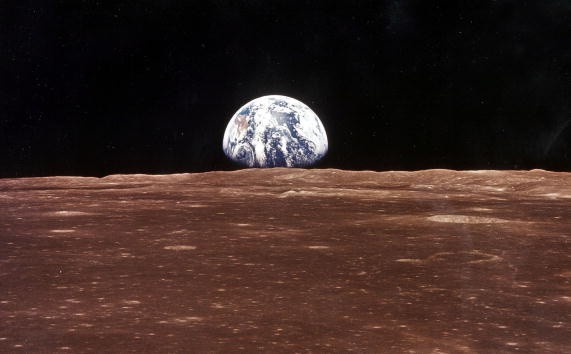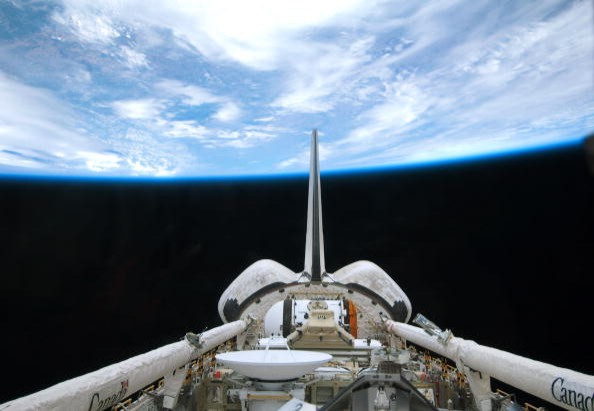Will Earth de-orbit from the solar system? This is one of the things that can end the life of the planet.

For the past few years, many individuals have speculated that Earth can move away from its correct orbital path. However, many experts declined this idea.
But, the book of Liu Cixin, a science fiction writer, explained why the planet could propel itself out of the solar system.
In his work titled "The Wandering Earth," Cixin said that world leaders would make efforts to make the Earth de-orbit to avoid a dangerous solar flare.
Matteo Ceriotti, a University of Gaslow aerospace engineer, said this is unlikely to happen.
Will Earth De-Orbit From Solar System?
According to Space.Com's latest report, Ceriotti said that although it is unlikely to happen, there's still a chance that the Earth can de-orbit from the solar system.

Also Read : [LOOK] Russian Cosmonauts to Install Upgrades For the Robotic Arm Following Spacesuit Problem Weeks Ago
He even provided a theory on how the planet can stray away from its orbital path.
"The Earth could be moved away from its orbit through the action of a massive interstellar object, flying through interstellar space and coming into the solar system and passing close to the Earth," said the space systems engineering lecturer.
He added that Earth and the giant space body can have a close encounter called "flyby."
During this event, there's a chance that the plant and the interstellar object will exchange momentum and energy.
After that, the Earth's orbit will likely get disrupted. Of course, this is still a theory since there's no strong evidence that it can happen.
Possible Things to Affect Earth's Orbit
The National Air and Space Museum explained that various factors could affect the Earth's orbit. One of these is the weakening of the sun's gravity.
As of writing, all planets in the solar system orbit around the sun. But, like other stars, experts stated that the sun could slowly decrease in mass, weakening its gravitational pull.
Aside from this, a large object, such as an asteroid, can also cause the Earth to de-orbit. If the speed and force implemented by the heavenly body during impact are enough, it can send the Earth away from its original orbital path.
In other stories, China's space nuclear reactor is expected to power up around 10 International Space Stations.
Meanwhile, NASA's Artemis 1 mission might attract a massive crowd of 400,000.
For more news updates about Earth and other space topics, keep your tabs open here at TechTimes.
Related Article : Earth Days Are Becoming 'Strangely Longer' and Scientists Are Confused
This article is owned by TechTimes
Written by: Griffin Davis
ⓒ 2025 TECHTIMES.com All rights reserved. Do not reproduce without permission.




